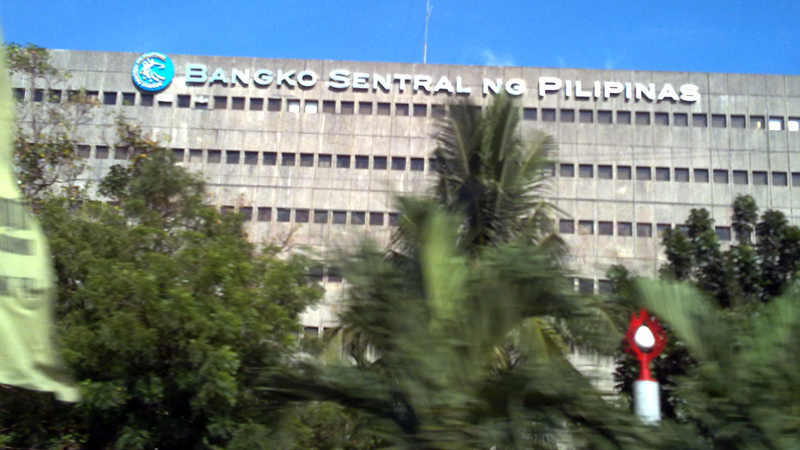THE BANGKO Sentral ng Pilipinas (BSP) will likely put off any plans to raise rates until 2017, Credit Suisse said in a new report, citing the absence of any real threat to the stability of consumer prices and the country’s growth.
Amid global jitters over China’s economic slowdown and the US Federal Reserve’s plan to tighten monetary settings, the BSP can afford to keep rates on hold to save ammunition for worse times.
Fuel prices are expected to stay subdued for a protracted period while the Philippines’ growth prospects remain secure.
“The key difference between the Philippines and other Southeast Asian countries is that it has both the policy room to boost growth, and also likely robust growth over the next two years,” Credit Suisse said in a report on the Asia-Pacific region released late last week.
This followed the central bank’s decision last Thursday to keep policy settings on hold amid benign inflation and healthy economic conditions. The BSP sees inflation at 1.6 percent by year’s end, before returning to levels within the target range of 2 to 4 percent by 2016 and 2017.
Credit Suisse, for its part, said it lowered its 2015 inflation forecast to 1.4 percent (from 2.2 percent). The 2016 projection went through a similar revision, with inflation now seen at 2.4 percent (from 3.7 percent).
These partly reflect the lower-than-expected inflation prints seen in the first half of the year, with inflation falling to a multi-year low of 0.6 percent in August.
“Moving forward, our forecast change also reflects a lower assumed path for oil prices, together with more moderate food and electricity price increases from the El Niño impact,” Credit Suisse said.
The BSP’s main goal is to protect consumers’ purchasing power by keeping prices stable. The cost of goods in the country is affected either by supply or demand factors. The current lows in inflation are caused by supply-side issues—namely cheap fuel from overseas—that the BSP has no power over.
Credit Suisse said the domestic economy was expected to grow by 6.1 percent this year. The bank’s new projection is lower than a previous forecast of 6.4 percent, but still within the government’s new assumption of a 6- to 6.5-percent expansion.
“[We] now expect the central bank to keep rates on hold until the end of next year,” the Swiss bank said.
